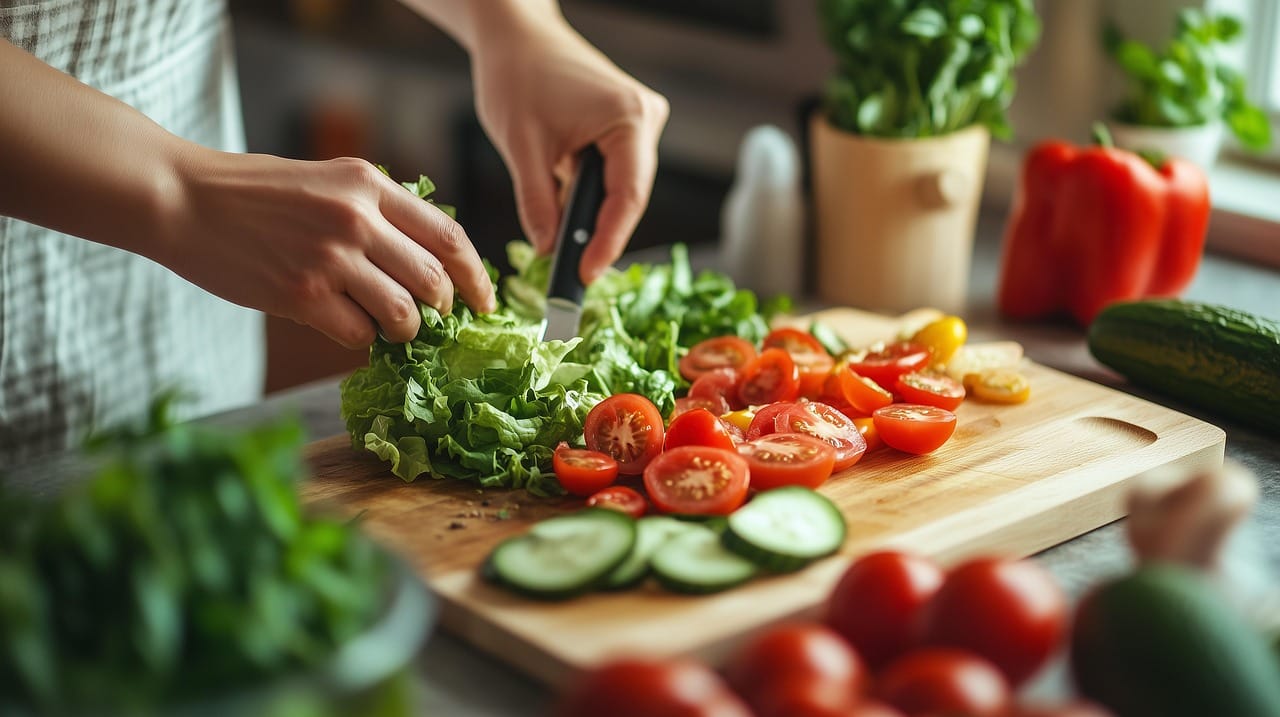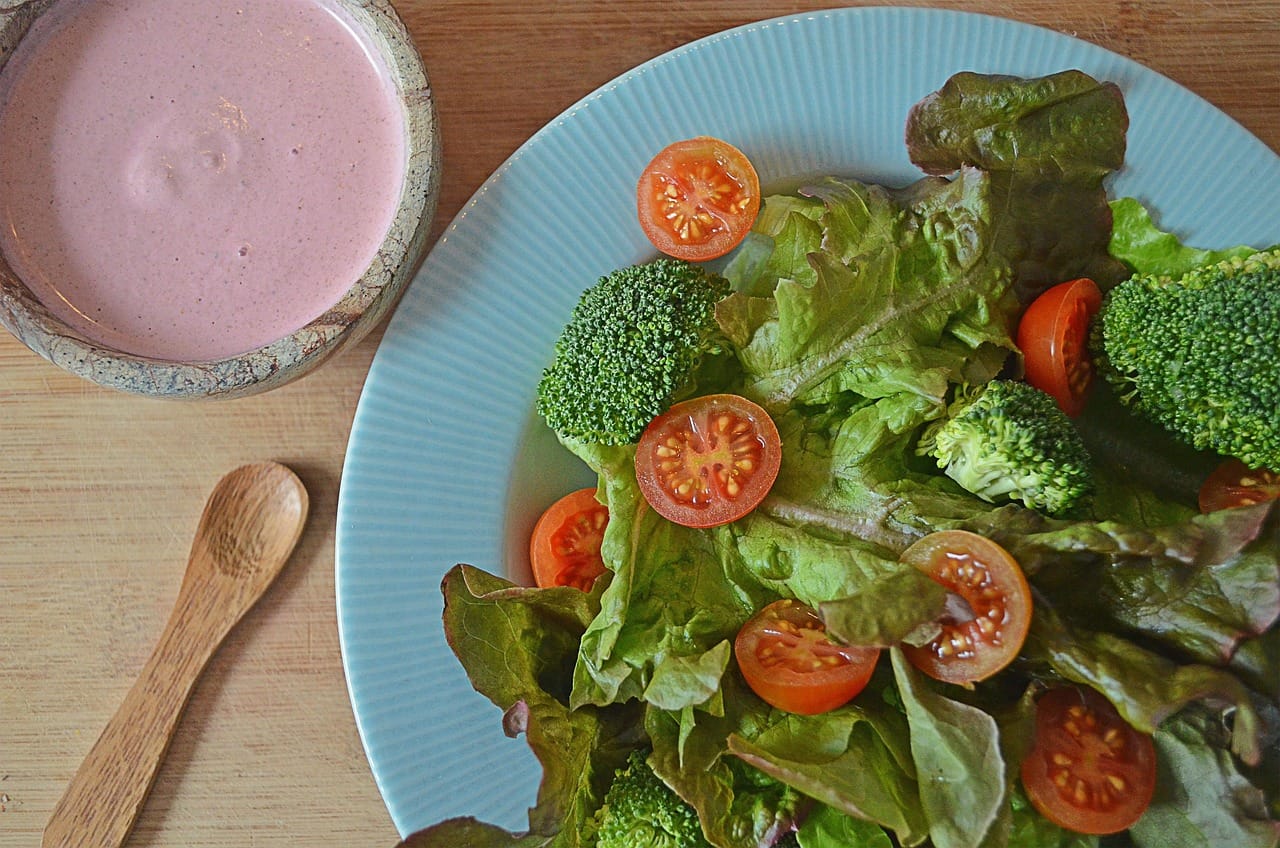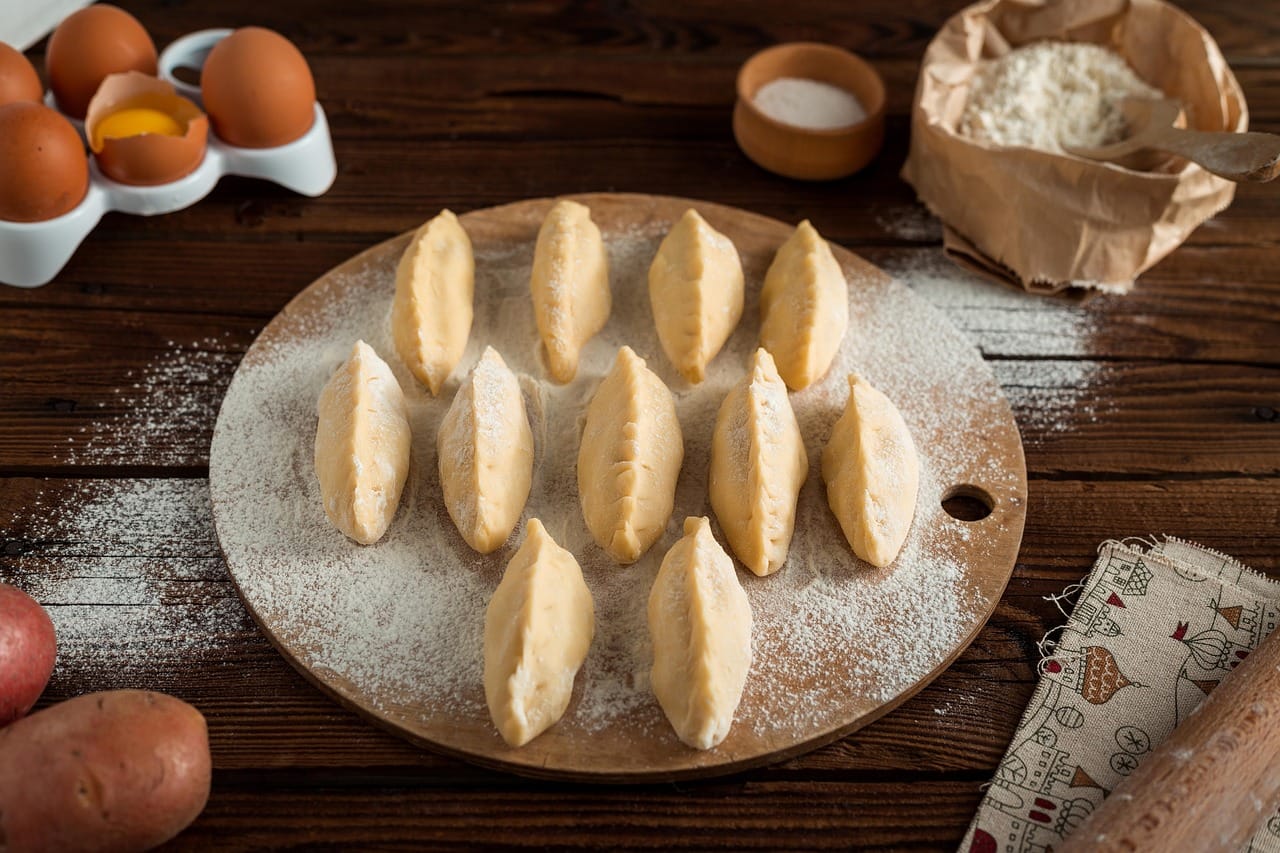Imagine a dish so versatile, so universally loved, that it graces breakfast tables from humble homes to five-star restaurants. That dish is the humble, yet mighty, scrambled egg. Masterfully prepared, it’s a creamy, flavorful delight. Poorly made, it’s a rubbery, bland disappointment. But fear not! This guide will unlock the secrets to perfect scrambled eggs every time, turning you into a breakfast (or any time!) pro.
The Art of the Egg: Choosing Your Ingredients
The foundation of any great dish lies in the quality of its ingredients. When it comes to scrambled eggs, the eggs themselves are paramount.
Egg Quality Matters
- Freshness: The fresher the egg, the better the flavor and texture. Older eggs tend to spread more and can have a watery consistency when scrambled. Look for eggs with a recent “sell-by” date.
- Grade: Egg grades (AA, A, B) indicate quality. AA eggs are the highest quality and have a firm, round yolk and thick, clear white, making them ideal for scrambling.
- Free-Range vs. Conventional: Free-range eggs often have richer yolks and a more pronounced flavor due to the hens’ diet. Consider this an upgrade for your scrambled eggs.
Dairy & Fat: The Creaminess Factor
- Milk vs. Cream vs. Water: Adding a liquid enhances the fluffiness and moisture. While water works in a pinch, milk adds richness and cream creates a truly decadent scramble. A tablespoon of milk or cream per two eggs is a good starting point.
- Butter vs. Oil: Butter imparts a richer flavor and a beautiful golden color. However, oil can withstand higher heat, making it a safer choice for beginners who might overcook the eggs. A combination of both can provide the best of both worlds.
- Cheese Considerations: Adding cheese introduces flavor and texture. Shredded cheddar, mozzarella, or parmesan work well. Remember to add cheese towards the end of the cooking process to prevent burning.
Mastering the Technique: Low and Slow
The key to perfect scrambled eggs is patience and control. Overcooking is the enemy!
The Right Pan: Size and Material
- Non-stick: A non-stick pan is essential for preventing the eggs from sticking and burning.
- Size Matters: Choose a pan that’s appropriately sized for the number of eggs you’re cooking. Too small and the eggs will be crowded; too large and they’ll spread thin and cook unevenly. An 8-inch pan is suitable for 2-4 eggs.
Heat Control: Low and Steady
- Low Heat is Key: Cook the eggs over low heat to prevent them from becoming dry and rubbery. This allows the eggs to cook gently and evenly.
- Patience is a Virtue: Don’t rush the process. It may take a few minutes longer, but the result will be worth it.
- Scraping is Essential: Use a rubber spatula to continuously scrape the bottom and sides of the pan as the eggs cook. This prevents sticking and ensures even cooking.
The Perfect Stir: When and How
- Gentle Stirring: Avoid vigorous stirring, which can break down the egg proteins and result in a less creamy texture.
- Forming Soft Curds: As the eggs begin to set, gently push the cooked edges towards the center of the pan, allowing the uncooked egg to flow underneath.
- Don’t Overcook: Remove the eggs from the heat while they are still slightly wet. They will continue to cook from the residual heat.
Flavor Enhancements: Beyond Salt and Pepper
While simple scrambled eggs are delicious on their own, a few additions can elevate the dish to new heights.
Seasoning Strategies
- Salt and Pepper: Season generously! A dash of salt and freshly ground black pepper is essential.
- Herbs and Spices: Experiment with different herbs and spices like chives, dill, paprika, or garlic powder.
- Umami Boosters: Add a touch of soy sauce, nutritional yeast, or Worcestershire sauce for a savory depth of flavor.
Adding Vegetables
- Sauté First: Sauté vegetables like onions, peppers, mushrooms, or spinach before adding the eggs. This will soften them and release their flavors.
- Pre-Cooked Options: Use pre-cooked vegetables like roasted tomatoes or leftover grilled asparagus for a quick and easy flavor boost.
- Balance Flavors: Consider adding a squeeze of lemon juice or a pinch of red pepper flakes to balance the flavors.
Cheese and Protein: Adding Texture and Richness
- Cheese Choices: Experiment with different cheeses like cheddar, Gruyere, feta, or goat cheese.
- Protein Power: Add cooked bacon, sausage, ham, or smoked salmon for a heartier meal.
- Vegetarian Options: Consider adding crumbled tofu, black beans, or avocado for a vegetarian protein boost.
Serving Suggestions: Plating and Pairing
Scrambled eggs are incredibly versatile and can be enjoyed in countless ways.
Classic Pairings
- Toast and Sides: Serve with toasted bread, sliced avocado, and a side of crispy bacon or sausage.
- Breakfast Burrito: Wrap scrambled eggs with cheese, salsa, and your favorite fillings in a warm tortilla.
- Eggs Benedict Variation: Use scrambled eggs instead of poached eggs for a quick and easy Eggs Benedict.
Creative Serving Ideas
- Scrambled Egg Bowls: Create a customized bowl with scrambled eggs as the base, topped with your favorite vegetables, proteins, and sauces.
- Scrambled Egg Tacos: Serve scrambled eggs with your favorite taco toppings in warm tortillas.
- Breakfast Pizza: Use scrambled eggs as a topping for a homemade breakfast pizza.
Presentation Matters
- Garnish: Garnish with fresh herbs like chives, parsley, or dill.
- Plate Appeal: Arrange the scrambled eggs attractively on the plate and add a pop of color with sliced tomatoes or avocado.
- Warm Plates: Warm plates help keep the scrambled eggs warm and prevent them from becoming watery.
Conclusion
Mastering the art of scrambled eggs is a rewarding culinary journey. By focusing on quality ingredients, mastering the low-and-slow cooking technique, experimenting with flavor enhancements, and paying attention to presentation, you can transform simple eggs into a truly unforgettable dish. So, grab your spatula, get scrambling, and enjoy the delicious results!




